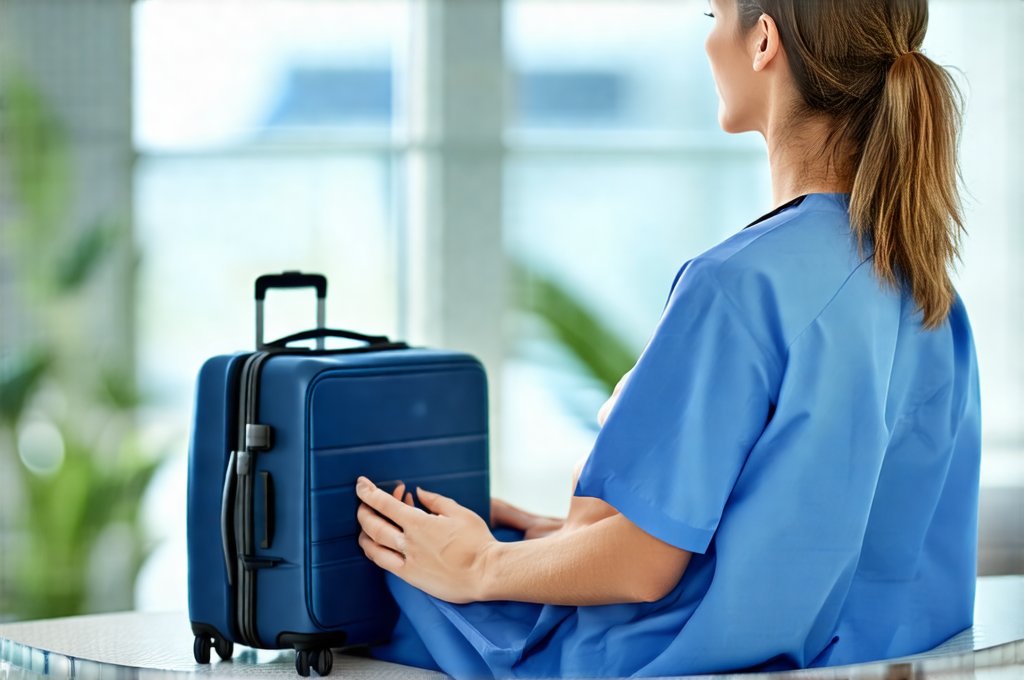Cystitis – inflammation of the bladder – can strike unexpectedly, turning a relaxing getaway into an uncomfortable ordeal. For many women, it’s not simply about the pain; it’s the worry of accessing healthcare in an unfamiliar location and disrupting travel plans. Understanding how to proactively manage cystitis symptoms while away from home is crucial for minimizing disruption and regaining control. This isn’t about self-treating serious conditions – always seek professional medical attention when appropriate – but rather about being prepared with knowledge, preventative measures, and a plan of action should symptoms develop during your travels or time away from usual healthcare resources.
The key to navigating cystitis while traveling lies in preparation and understanding your body. Recognizing early warning signs is vital, allowing for swift intervention before symptoms escalate. This includes staying adequately hydrated, practicing good hygiene, considering preventative measures like cranberry supplements (though evidence is mixed – see below), and packing a well-stocked travel health kit. Having a plan for accessing healthcare if needed, including knowing how to locate pharmacies and medical facilities in your destination, will also significantly reduce anxiety and ensure you can receive appropriate care when necessary. Being proactive about these aspects transforms potential disruption into manageable inconvenience.
Prevention is Better Than Cure: Minimizing Your Risk While Away
Preventing cystitis during travel begins before you even pack your bags. Consider your individual risk factors – have you experienced frequent UTIs in the past? Do certain activities trigger symptoms for you? Tailor your preparation accordingly. Hydration is paramount; always carry a reusable water bottle and sip throughout the day, especially during flights or outdoor activities where dehydration is more likely. Pay attention to hygiene practices: proper wiping after using the toilet (front to back) is essential, as is avoiding harsh soaps or douches that can disrupt vaginal flora. When packing, choose breathable cotton underwear and avoid tight-fitting clothing that traps moisture. Finally, be mindful of sexual activity; urinating shortly after intercourse can help flush out bacteria.
Many travelers explore natural remedies like cranberry supplements for UTI prevention. While some studies suggest a potential benefit in preventing recurrent UTIs, the evidence is not conclusive, and it’s important to understand this isn’t a substitute for proper medical care. If you already take cranberry supplements, continue doing so while traveling; however, don’t start taking them solely as a preventative measure without discussing it with your healthcare provider. Other lifestyle factors also play a role: a diet rich in Vitamin C may support immune function, and probiotics can contribute to healthy gut flora, potentially reducing the risk of bacterial imbalances. Remember that these are supportive measures – they won’t eliminate the need for medical attention if cystitis develops. If you’re concerned about distinguishing between a cystitis and another infection, it is best to seek professional guidance.
Managing Symptoms on the Go: A Practical Approach
If you begin to experience cystitis symptoms while traveling – frequent urination, burning sensation during urination, lower abdominal pain, cloudy or bloody urine – don’t panic, but do take action. First, increase your fluid intake significantly. Water is best, but herbal teas (avoiding caffeine) can also be soothing. Over-the-counter pain relievers like ibuprofen or paracetamol can help manage discomfort, but follow dosage instructions carefully and avoid prolonged use. Avoid bladder irritants such as caffeine, alcohol, spicy foods, and acidic beverages. If you have a history of cystitis and your doctor has previously prescribed antibiotics for UTI treatment, do not self-medicate with leftover medication. This is strongly discouraged due to the risk of antibiotic resistance and inaccurate diagnosis.
Your next step should be to assess your access to medical care. Locate nearby pharmacies and hospitals using online search tools or asking at your accommodation. Many hotels have concierge services that can provide this information. Consider whether your travel insurance covers medical expenses in your destination, and familiarize yourself with the claim process. If symptoms are severe (high fever, back pain, nausea, vomiting), seek immediate medical attention – these could indicate a kidney infection, which requires prompt treatment. Even if symptoms seem mild, contacting a telemedicine service can provide valuable guidance and potentially avoid an unnecessary visit to a foreign hospital. Understanding UTI symptoms is the first step toward proactive management.
Identifying Early Warning Signs
Recognizing the subtle beginnings of cystitis is critical for effective management. Often, it doesn’t start with intense pain but rather a feeling of needing to urinate more frequently than usual. This increased frequency may be accompanied by a slight burning sensation or discomfort during urination – often described as a stinging feeling. These early signs can easily be dismissed as simply drinking more fluids or being in a different environment, which is why it’s important to pay close attention to your body and any changes you notice.
It’s also crucial to differentiate between cystitis symptoms and other potential causes of urinary discomfort. For example, dehydration can cause concentrated urine that mimics some cystitis symptoms, but without the burning sensation. Similarly, certain foods or beverages (like coffee or citrus fruits) can irritate the bladder in some individuals. If you suspect a non-cystitis cause, focus on increasing fluid intake and avoiding potential irritants. However, if the symptoms persist or worsen, it’s important to assume cystitis is present and take appropriate action.
Locating Healthcare Resources Abroad
Navigating healthcare systems in unfamiliar countries can be daunting, but preparation makes all the difference. Before you travel, research how to access medical care in your destination. Online resources like the World Health Organization (WHO) website or government travel advisories often provide information on local healthcare facilities and emergency contact numbers. Your travel insurance provider should also have a list of approved hospitals and doctors in the area.
When searching for pharmacies (“drugstores” or “chemists” depending on the country), use online maps or ask hotel staff for directions. Be aware that medication availability may vary – some medications readily available at home might require a prescription or be unavailable abroad. If you need to visit a hospital, try to find one with English-speaking staff or a translation service. Don’t hesitate to ask for help from your embassy or consulate if you encounter language barriers or difficulties accessing care.
Building Your Travel Health Kit
A well-stocked travel health kit can provide peace of mind and allow you to address minor symptoms proactively. In addition to your regular medications, include: – Pain relievers (ibuprofen or paracetamol) – Anti-diarrheal medication – Rehydration salts – Antiseptic wipes – Bandages and dressings – A thermometer – Any personal prescription medications with a copy of the prescription – important for international travel – Travel insurance details and emergency contact numbers.
Specifically for potential cystitis management, consider including cranberry supplements (with the caveat mentioned earlier) and over-the-counter urinary tract antiseptic products if your doctor approves. Remember to store all medications in their original packaging and keep them out of reach of children. It’s also a good idea to create a list of your allergies and medical conditions to share with healthcare providers if needed. Having these essentials readily available can significantly ease the burden of managing cystitis while away from home. If you are traveling internationally, it is important to know how to manage a UTI in an unfamiliar setting.





















